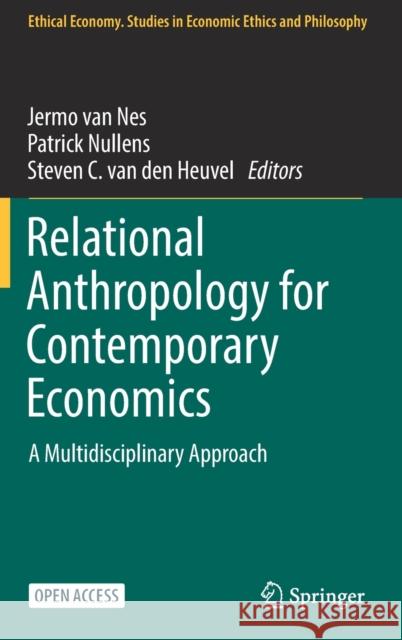Relational Anthropology for Contemporary Economics: A Multidisciplinary Approach » książka
topmenu
Relational Anthropology for Contemporary Economics: A Multidisciplinary Approach
ISBN-13: 9783030846893 / Angielski / Twarda / 2022 / 236 str.
Relational Anthropology for Contemporary Economics: A Multidisciplinary Approach
ISBN-13: 9783030846893 / Angielski / Twarda / 2022 / 236 str.
cena 201,24
(netto: 191,66 VAT: 5%)
Najniższa cena z 30 dni: 192,74
(netto: 191,66 VAT: 5%)
Najniższa cena z 30 dni: 192,74
Termin realizacji zamówienia:
ok. 16-18 dni roboczych.
ok. 16-18 dni roboczych.
Darmowa dostawa!
Kategorie BISAC:
Wydawca:
Springer
Seria wydawnicza:
Język:
Angielski
ISBN-13:
9783030846893
Rok wydania:
2022
Wydanie:
2022
Numer serii:
000420909
Ilość stron:
236
Waga:
0.50 kg
Wymiary:
23.39 x 15.6 x 1.42
Oprawa:
Twarda
Wolumenów:
01











